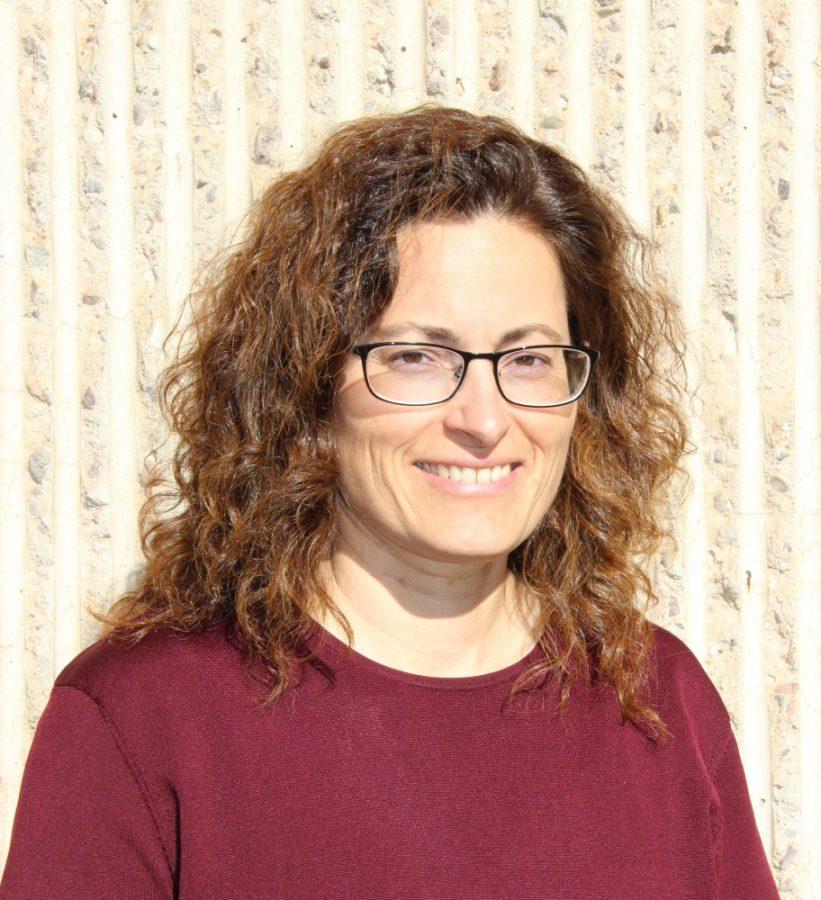A UA chemistry professor was recently awarded a $50,000 grant to design a free online chemistry course for Google.
The massive open online course (MOOC), which will be available in the fall to anyone with Internet access, is being created by Katrina Miranda, an associate professor of chemistry and biochemistry.
“It’s really exciting to be potentially touching the lives of thousands or hundreds of thousands of people with this type of project,” Miranda said.
Miranda currently teaches both an introductory and a senior-level course at the UA. Focusing on fundamental concepts like bonding and reactivity, the course she’s designing will cover material that bridges the gap between the two levels.
It will consist of lectures and activities and possibly quizzes and exams, Miranda said. Although no college credit will be received upon completion of the course, the tuition-free aspect may make it desirable for prospective students.
Miranda said that the benefit of a MOOC is that it “offers a very organized structure for [the students] to self-learn.” Although all the information presented in the course would be accessible on Wikipedia or YouTube, she said that her course will offer a designated place and structure to learn at one’s own pace.
Google has sponsored the creation of several MOOCs since the format originated about five years ago.
“We’re very interested in experiments and explorations in this MOOC arena,” said Karen Parker, education program manager at Google.
Parker said that the massive course format encourages interaction between the online community and serves as a powerful teaching tool.
“There’s just rich learning that happens when students are sharing ideas,” Parker added.
Last year Google developed a MOOC entitled “Power Searching with Google,” which was aimed at teaching people to be better search engine users. The course drew around 150,000 participants. For her course, Miranda said she isn’t sure what to expect in terms of enrollment.
“It could be a thousand kids or a hundred thousand,” Miranda said.
Although Miranda said she will miss the interpersonal connection she builds with her students each
semester, she said she can’t wait to expand her influence on a global scale.
Chemistry professor and department Chair Scott Saavedra said he is also enthusiastic about the
course, noting the importance of “reaching out to a new audience.”
“It’s exciting,” Saavedra said. “She’s doing something innovative. She’s pushing the envelope.”









